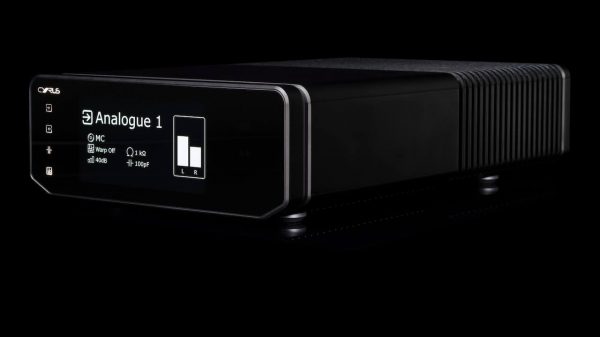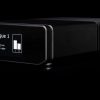Figuring computer system Total Cost of Ownership (TCO) can be a tricky business. In addition to the equipment itself there must be added the cost of installed software, programming hours for any homegrown applications, support subscriptions, upgrades and patches and the cost of system maintenance. Part of this maintenance is the warding off of threats to system operation such as viruses and malware–and file fragmentation. And the threat of file fragmentation must be met with the right defrag technology.
File fragmentation–the splitting of files into multiple pieces in order to fully utilize disk space–affects TCO in numerous ways. The first of these is, of course, slow system performance, which in serious fragmentation situations can be quite drastic. Performance can not only be slowed down, it can even be halted altogether. The amount of IT department hours spent in an effort to address these performance problems can quickly mount, especially when the true culprit has not been isolated, and TCO climbs radically.
Another cost that can be directly traced to fragmentation is that of help desk calls. A help desk call means that a valuable IT employee must stop whatever he or she is doing and immediately assist a user. Performance is a top item for help desk calls, and a prime suspect in performance troubles is fragmentation.
A third way that fragmentation impacts TCO is in the toll on hard drives. Because it requires greatly increased I/O traffic to pull together all the fragments of a file, a hard drive takes more than expected punishment. Expected disk drive life–figured into TCO–can be shorted by a third or even by half.
Interestingly, many sites have crossed fragmentation off their lists of performance threats due to the implementation of scheduled defragmentation. But a closer analysis will reveal that scheduled defrag –now outmoded–is allowing fragmentation to still have a negative affect on TCO. Because file sizes and disk capacities have grown so dramatically, fragmentation continues to build in between scheduled defrag runs. And in the case of very large disks, defrag may not be occurring at all.
Scheduled defrag is also having a negative impact on TCO through the amount of IT hours it takes to analyze and schedule it.
Currently the only truly cost-effective defragmenter is the completely automatic solution provided by Diskeeper Corporation. Utilizing a proprietary technology called InvisiTasking, Diskeeper defragments invisibly, in the background, whenever otherwise-idle resources are available. Performance is always maintained at maximum. And since scheduling is not required at all, precious IT hours can be spent on higher-priority projects.
Diskeeper implemented across an entire enterprise means that performance, help desk calls, hard drive life and IT hours are once again restored to their rightful places and cost-effectiveness in the TCO of a computer system.























